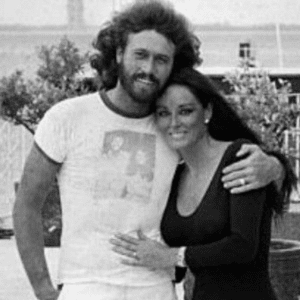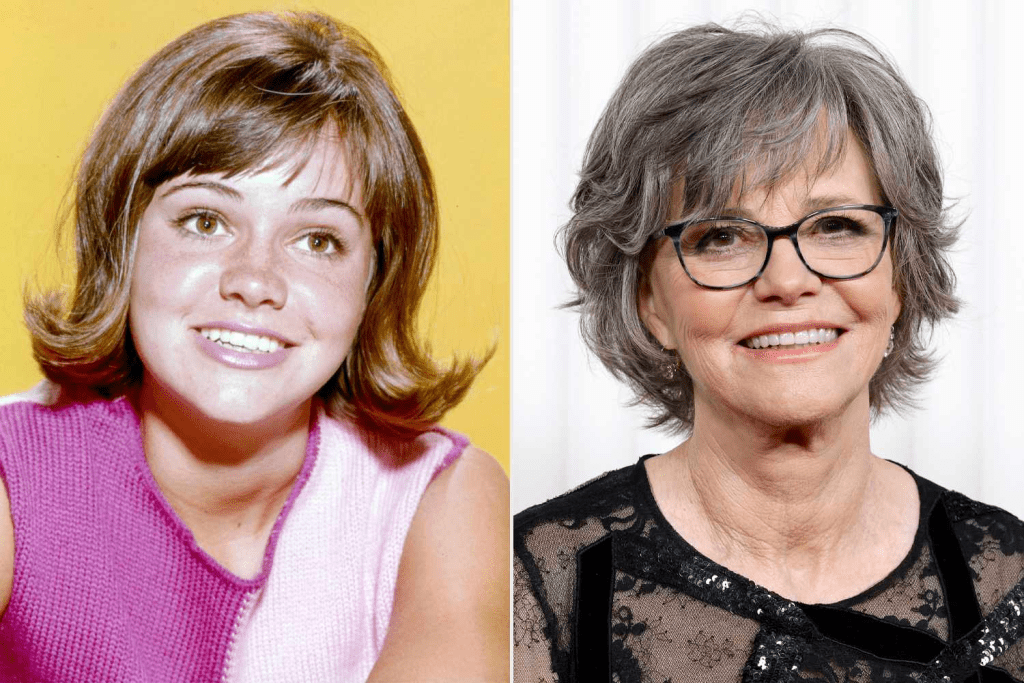
Sally Field, an acclaimed actress, director, and producer, has carved a unique space in Hollywood with her unmatched talent and heartfelt performances. Known for iconic roles in Norma Rae, Forrest Gump, and Steel Magnolias, Field has proven time and again her ability to connect with audiences on a profound level. This comprehensive exploration of her career highlights her journey from a bright-eyed sitcom star to an Academy Award-winning Hollywood legend.
Born Sally Margaret Field on November 6, 1946, in Pasadena, California, Sally grew up surrounded by influences that would shape her artistic aspirations. Her mother, Margaret Field, was a working actress, while her stepfather, Jock Mahoney, was a stuntman and actor. Despite her early exposure to the industry, her childhood had its share of complexities, which she has candidly shared in her later years.
Field attended Birmingham High School in Van Nuys, where her vivacious personality and knack for performance blossomed. Her involvement in school drama productions solidified her passion for acting, setting the stage for her future endeavors.
Field made her television debut in 1965 with the sitcom Gidget. Though the show lasted only one season, her portrayal of the bubbly, spirited surfer won her a loyal following. She soon landed the lead in The Flying Nun (1967-1970), where she played Sister Bertrille, a nun with the extraordinary ability to fly. The whimsical premise resonated with audiences, and Field became a household name.
However, Sally faced a creative challenge: she feared being typecast as the “cute girl next door.” Determined to prove her versatility, she took steps to reinvent herself and gain recognition as a serious actress.
In 1976, Field’s career took a dramatic turn when she starred in Sybil, a television film about a woman with dissociative identity disorder. This emotionally demanding role required Field to portray multiple personalities, a feat she accomplished with astounding depth and nuance. Her performance earned her an Emmy Award, establishing her as a formidable talent in Hollywood.
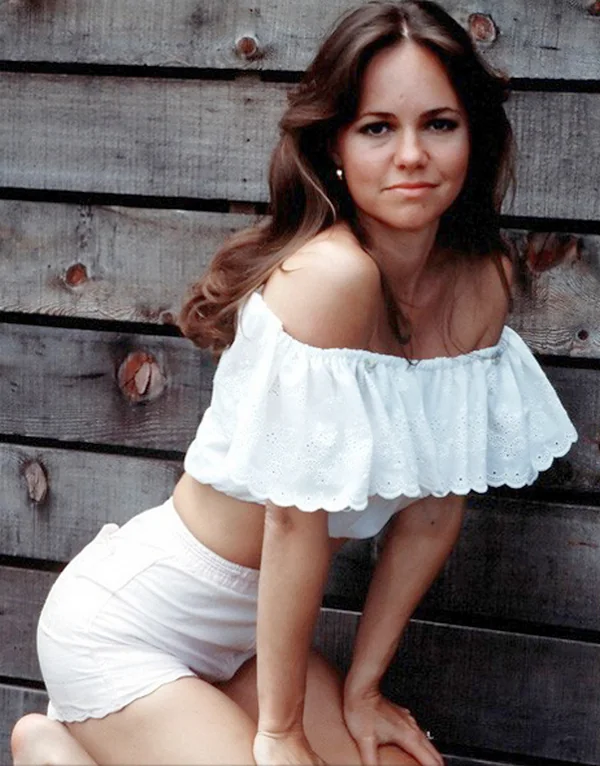
Field’s commitment to her craft culminated in her breakout role as Norma Rae Webster in the 1979 drama Norma Rae. Portraying a courageous textile worker who fights for labor rights, Field delivered a performance that was both raw and inspiring. The role won her widespread acclaim, including her first Academy Award for Best Actress. Norma Rae became a cultural touchstone, with Field’s portrayal symbolizing resilience and empowerment.
The 1980s were a golden period for Sally Field. She began the decade with Places in the Heart (1984), a deeply moving story set during the Great Depression. Her portrayal of Edna Spalding, a widow struggling to save her farm, earned her a second Academy Award for Best Actress. Her acceptance speech, famously declaring, “You like me, right now, you like me!” remains one of the most memorable moments in Oscar history.
Field also showcased her comedic chops in films like Murphy’s Romance (1985) and Steel Magnolias (1989). In Steel Magnolias, she portrayed M’Lynn Eatenton, a strong Southern mother navigating the joys and heartbreaks of family life. The ensemble cast, which included Julia Roberts and Dolly Parton, delivered one of the most beloved films of the decade.
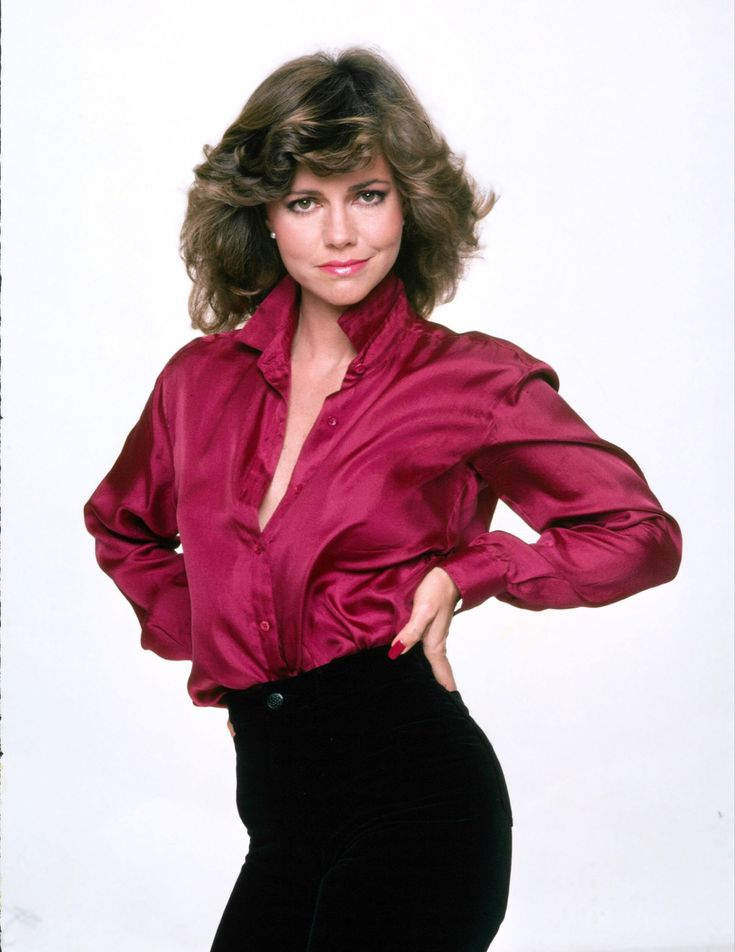
Field’s versatility continued to shine in the 1990s, most notably in Forrest Gump (1994), where she played Mrs. Gump, the loving and wise mother of the titular character. Her portrayal added emotional depth to the film, which became a cultural phenomenon and won multiple Academy Awards.
Another memorable role came in Mrs. Doubtfire (1993), where she starred opposite Robin Williams. As Miranda Hillard, a mother balancing career and family during a tumultuous divorce, Field showcased her ability to blend humor and heartfelt emotion seamlessly.
In addition to her film success, Field made significant strides in television. She earned an Emmy Award for her guest role as Maggie Wyczenski in ER, where she portrayed a woman battling bipolar disorder. Her raw and empathetic performance further highlighted her skill in tackling complex characters.
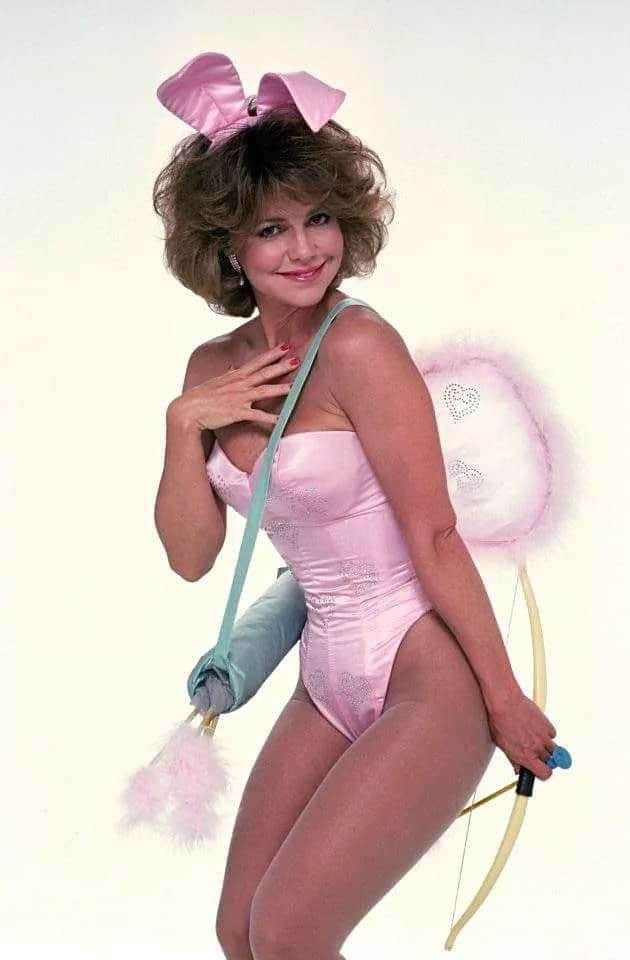
From 2006 to 2011, Field starred in the critically acclaimed drama Brothers & Sisters as Nora Walker, the matriarch of a sprawling, complicated family. Her portrayal earned her another Emmy Award and solidified her as a television powerhouse.
Field ventured into directing with the 1996 television movie The Christmas Tree, a heartfelt story that allowed her to explore storytelling from behind the camera. In 2018, she published her memoir, In Pieces, which provided an unflinching look at her personal and professional life. The memoir was widely praised for its honesty and introspection, offering fans a deeper understanding of her journey.
Beyond her work in entertainment, Field has been a passionate advocate for social causes. She has spoken out on issues such as women’s rights, LGBTQ+ equality, and environmental conservation. Her commitment to activism reflects her dedication to making a positive impact on the world.
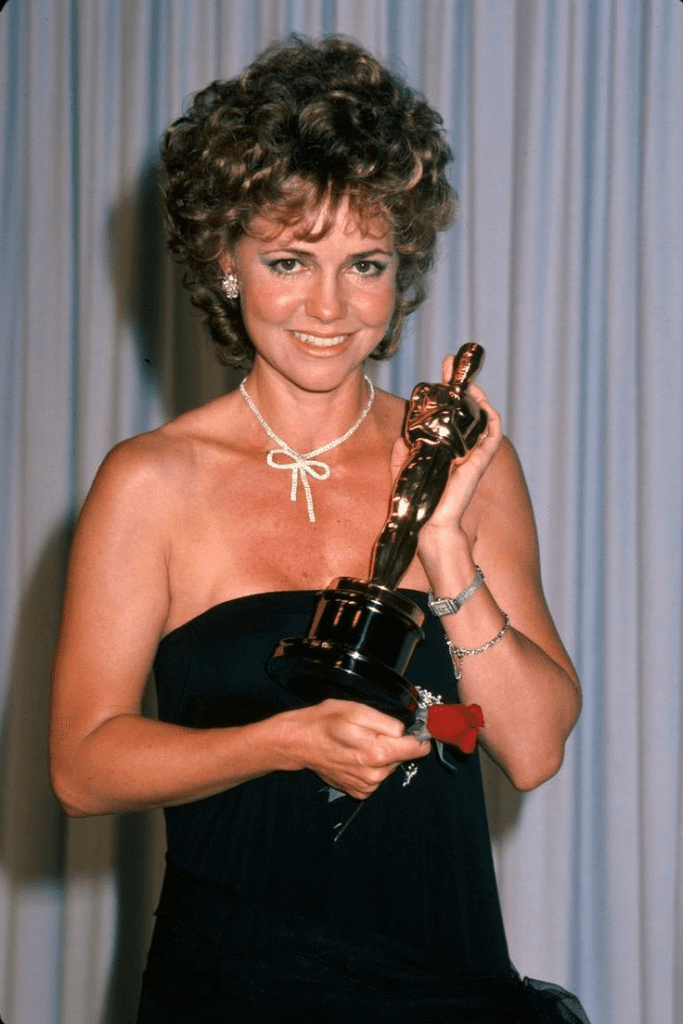
Field is also a devoted mother and grandmother, often emphasizing the importance of family in her life. Despite the challenges she faced, both personally and professionally, she has remained grounded and authentic, qualities that have endeared her to fans worldwide.

Sally Field’s career is a testament to her extraordinary talent, resilience, and dedication. From her early days as a sitcom star to her emergence as one of Hollywood’s most respected actresses, she has continuously reinvented herself while staying true to her craft. Her performances have touched the hearts of audiences across generations, leaving an indelible mark on the entertainment industry.
As Sally Field continues to inspire with her work and advocacy, her legacy shines brightly—a beacon of artistry, determination, and authenticity that will endure for years to come.

